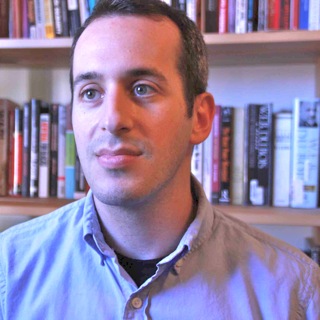
David Stein
David Stein received his PhD from University of Southern California’s Department of American Studies and Ethnicity in 2014. Trained in interdisciplinary methods, he is a historian whose work focuses on the interconnection between social movements and political economic relations in post-1865 U.S. history. His fields of interest include African American Studies, history of capitalism, working-class and labor history, policing and imprisonment, Urban Studies, and feminist and heterodox economics. He is currently working on his book manuscript, Fearing Inflation, Inflating Fears: The End of Full Employment and the Rise of the Carceral State, which focuses on the politics and economics of unemployment from 1929-1979. The project details the efforts of Black freedom movement organizers to create governmental guarantees to a job or income, and how such efforts were stifled. He co-edited Abolition Now!: Ten Years of Strategy and Struggle Against the Prison Industrial Complex (2008), and his scholarship has appeared in Working U.S.A.: The Journal of Labor and Society; Social Justice: A Journal of Crime, Conflict and World Order; and Lateral.. He co-hosts and produces Who Makes Cents?: A History of Capitalism Podcast with Betsy Beasley.